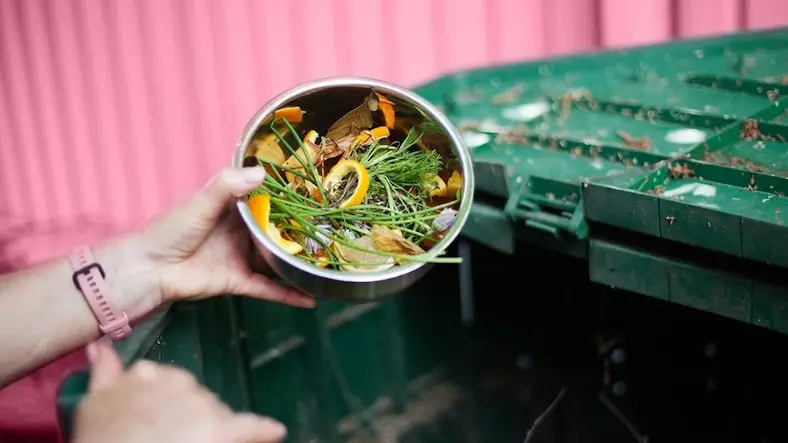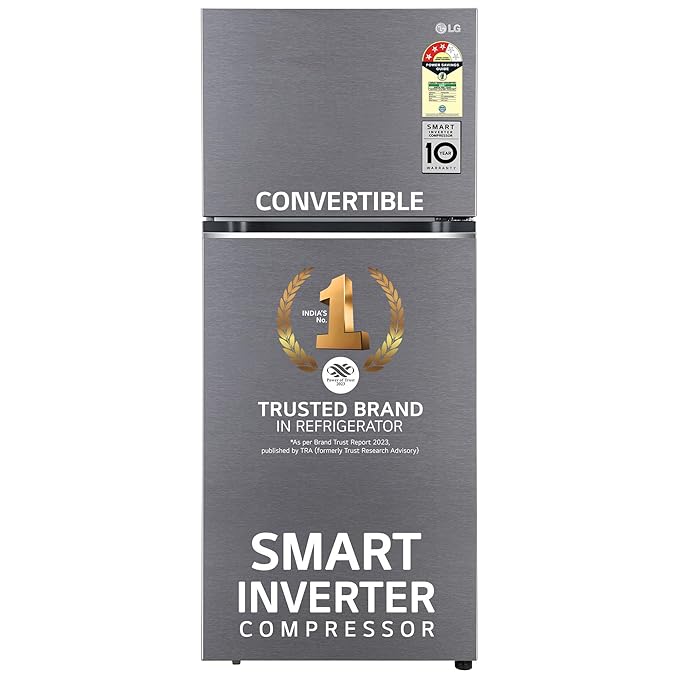Composting is a great way to reduce waste and create nutrient-rich soil for your garden. While worm composting and kitchen composting are popular methods, there are other ways to make compost without using worms or organic kitchen waste. Here are some options:
- Leaf Composting: Fallen leaves are an excellent source of carbon and can be used to create a nutrient-rich compost. Simply pile up the leaves and add a small amount of nitrogen-rich material, such as grass clippings, to speed up the composting process. Turn the pile occasionally to allow for aeration and break down of the leaves.
- Grass Composting: Grass clippings are high in nitrogen and make an excellent addition to a compost pile. Add grass clippings to a pile with other yard waste, such as fallen leaves and twigs. Turn the pile regularly to allow for aeration and break down of the materials.
- Manure Composting: Animal manure is a great source of nitrogen for composting. Pile up the manure and add a small amount of carbon-rich material, such as straw or leaves. Turn the pile regularly to ensure even decomposition.
- Newspaper Composting: Newspaper is made from recycled paper and is an excellent source of carbon for composting. Shred the newspaper into small pieces and add it to a compost pile with other yard waste. Turn the pile regularly to allow for aeration and break down of the materials.
- Wood Chip Composting: Wood chips are a great source of carbon for composting. Pile up the wood chips and add a small amount of nitrogen-rich material, such as grass clippings. Turn the pile occasionally to allow for aeration and break down of the materials.
These are just a few ways to make compost without using worms or organic kitchen waste. Regardless of the method you choose, be sure to turn the pile regularly to allow for aeration and even decomposition. With a little patience and effort, you can create nutrient-rich soil for your garden while reducing waste.
Thanks for reading the article, for more food related articles read our peoples blog articles.















